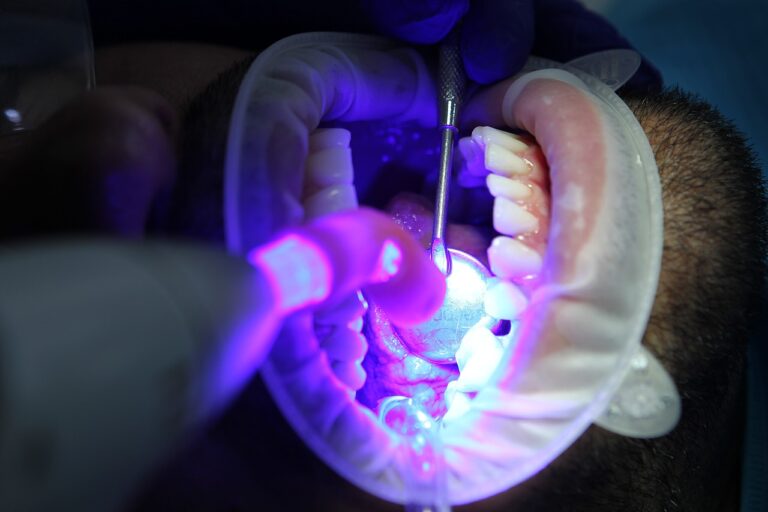Biofeedback Therapy: Training the Mind-Body Connection
Biofeedback therapy offers a range of benefits that can positively impact both physical and mental well-being. By utilizing this non-invasive technique, individuals can gain greater awareness and control over their bodily functions, such as heart rate, muscle tension, and breathing patterns. This increased self-regulation can lead to reduced stress levels, improved relaxation, and enhanced overall health.
Moreover, biofeedback therapy has been found to be effective in managing various health conditions, including anxiety disorders, chronic pain, and hypertension. Through real-time feedback provided by specialized equipment, individuals can learn to modify their physiological responses and develop healthier coping mechanisms. This can ultimately empower individuals to take an active role in promoting their own health and well-being.
Understanding the Mind-Body Connection
The mind-body connection refers to the intricate relationship between our mental and physical well-being. Research suggests that our thoughts, emotions, and beliefs can directly impact our physical health. For instance, chronic stress and anxiety can manifest in physical symptoms such as headaches, muscle tension, and even digestive issues. Understanding this connection is crucial in promoting overall wellness and improving our quality of life.
Moreover, the mind-body connection highlights the importance of holistic approaches to healthcare. Integrative practices like meditation, yoga, and biofeedback therapy aim to address both mental and physical aspects of health. By treating the mind and body as interconnected systems, individuals can achieve better health outcomes and a greater sense of well-being. Embracing this holistic perspective can lead to a more balanced and harmonious life.
How Biofeedback Therapy Works
Biofeedback therapy works by using electronic sensors to monitor physiological functions such as heart rate, muscle tension, and skin temperature. These sensors provide real-time feedback to the individual, allowing them to become more aware of their body’s responses. Through this heightened awareness, individuals can learn to control their physical reactions by implementing relaxation techniques or mindfulness exercises.
By learning how to regulate their bodily functions, individuals can effectively manage conditions such as anxiety, chronic pain, and even high blood pressure. This form of therapy empowers individuals to take an active role in improving their health and well-being by teaching them to recognize and modify their body’s responses to stressors. By fostering this mind-body connection, biofeedback therapy offers a non-invasive and drug-free approach to promoting overall wellness.





